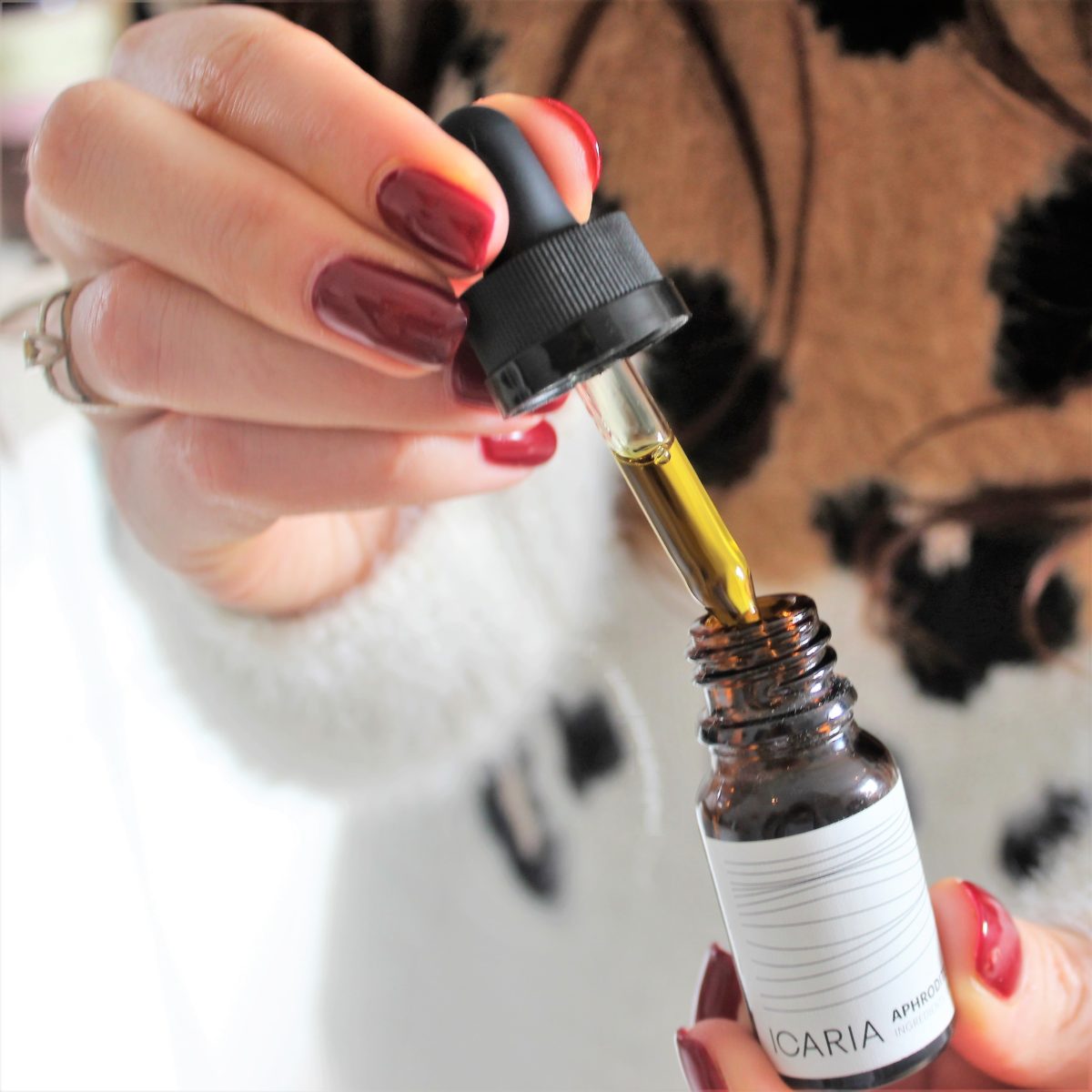Quality sleep is greatly underrated in terms of our health and well-being. Dr. Cutler shares her top strategies and tips for a better night’s sleep.


Quality sleep is greatly underrated in terms of our health and well-being. Dr. Cutler shares her top strategies and tips for a better night’s sleep.

Seasonal affective disorder, or SAD, can give many of us the winter blues. Here are Dr. Cutler’s top 5 tips to combat SAD.

Learn about the latest research on CBD oil and its therapeutic use in managing anxiety.